## Hold onto your maple syrup, gamers: Canada just went red!
Mark Carney, the man who once steered the global financial ship, has just steered Canada’s political landscape in a new direction. The Liberal Party, led by the former Bank of Canada Governor, has won a resounding victory in the Canadian election, sending shockwaves through the political scene. But what does this mean for Canada’s future? And how are world leaders reacting to this pivotal moment?
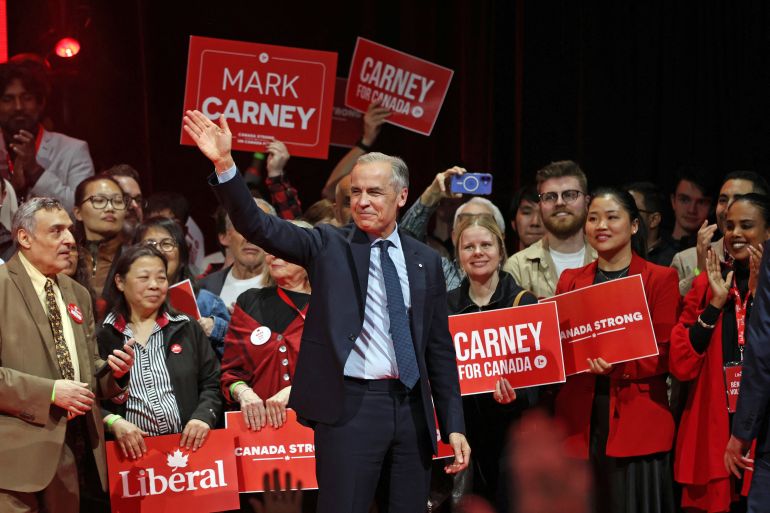
International Allies: Solidarity and Shared Values
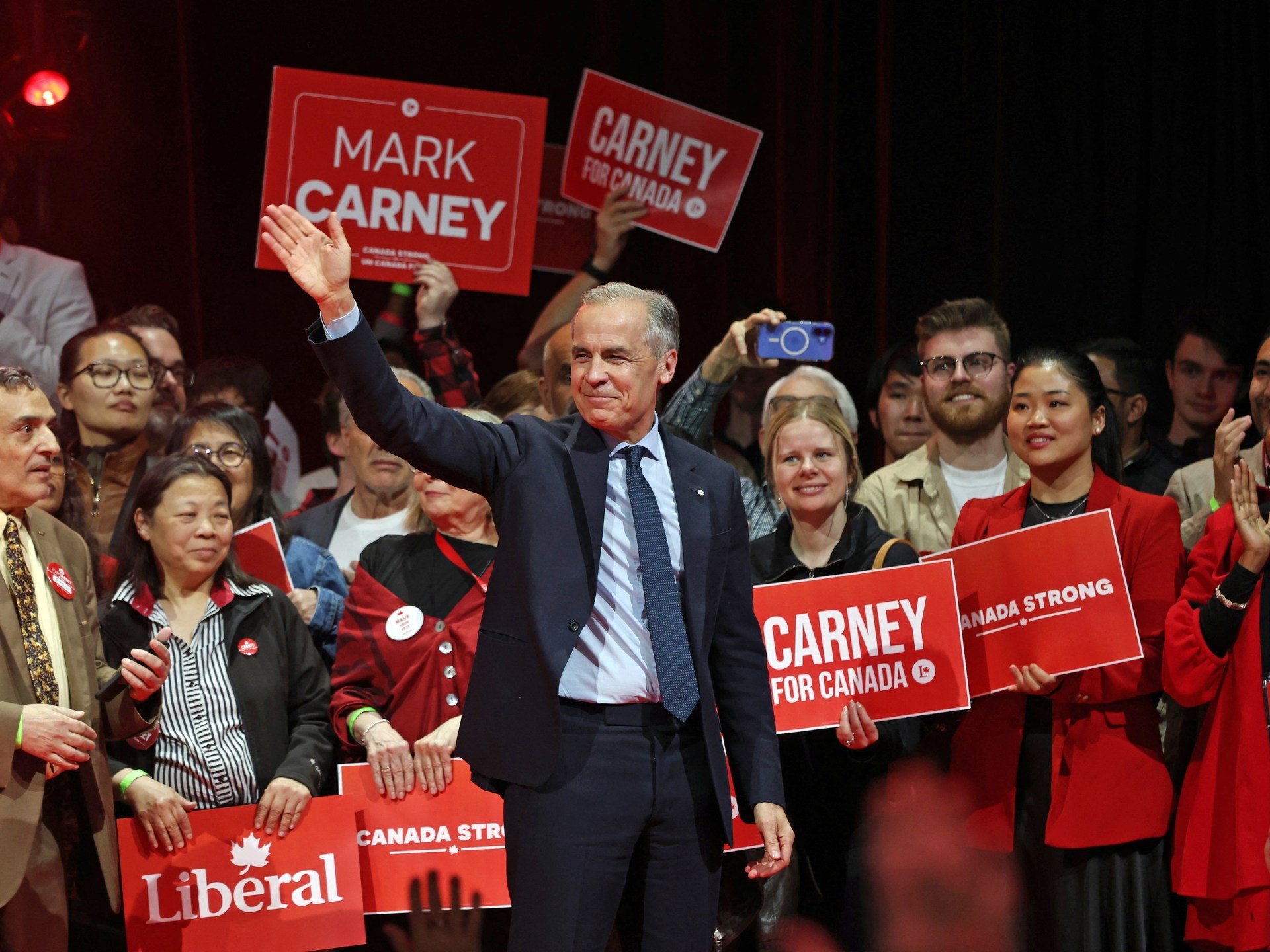
The resounding victory of Mark Carney and the Liberal Party in Canada’s national elections has triggered a wave of congratulatory messages from international allies, underscoring the global community’s shared commitment to democratic values and the rules-based international order. European leaders, in particular, have expressed their strong support for the Canadian government, emphasizing the strategic importance of the transatlantic partnership in the face of mounting global challenges.
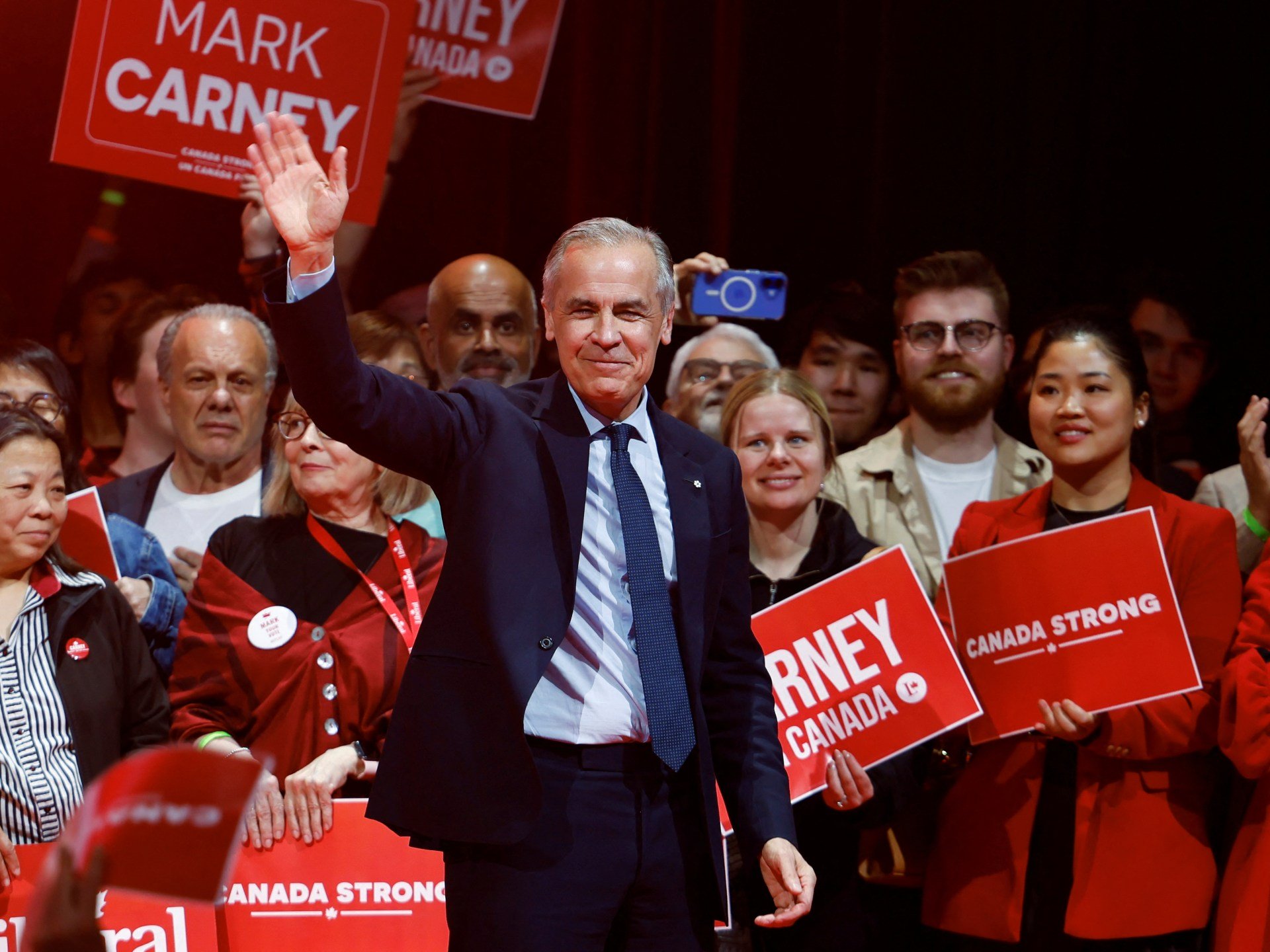
European Leaders’ Support
European Commission President Ursula von der Leyen hailed the “strong — and growing stronger” bond between Europe and Canada, pledging to “defend our shared democratic values, promote multilateralism, and champion free and fair trade.” Her sentiments were echoed by European Council President Antonio Costa, who offered “warm congratulations” and stressed the shared commitment to “the UN Charter and the rules-based international order.”
British Prime Minister Keir Starmer, in his congratulatory message, highlighted the “closest of allies, partners and friends” relationship between the UK and Canada, expressing a desire for continued close cooperation on defense, security, trade, and investment.
French President Emmanuel Macron, in a social media post, commended Carney, stating, “You embody a strong Canada in the face of the great challenges of our time.” He emphasized France’s commitment to further strengthening the friendship between their nations.
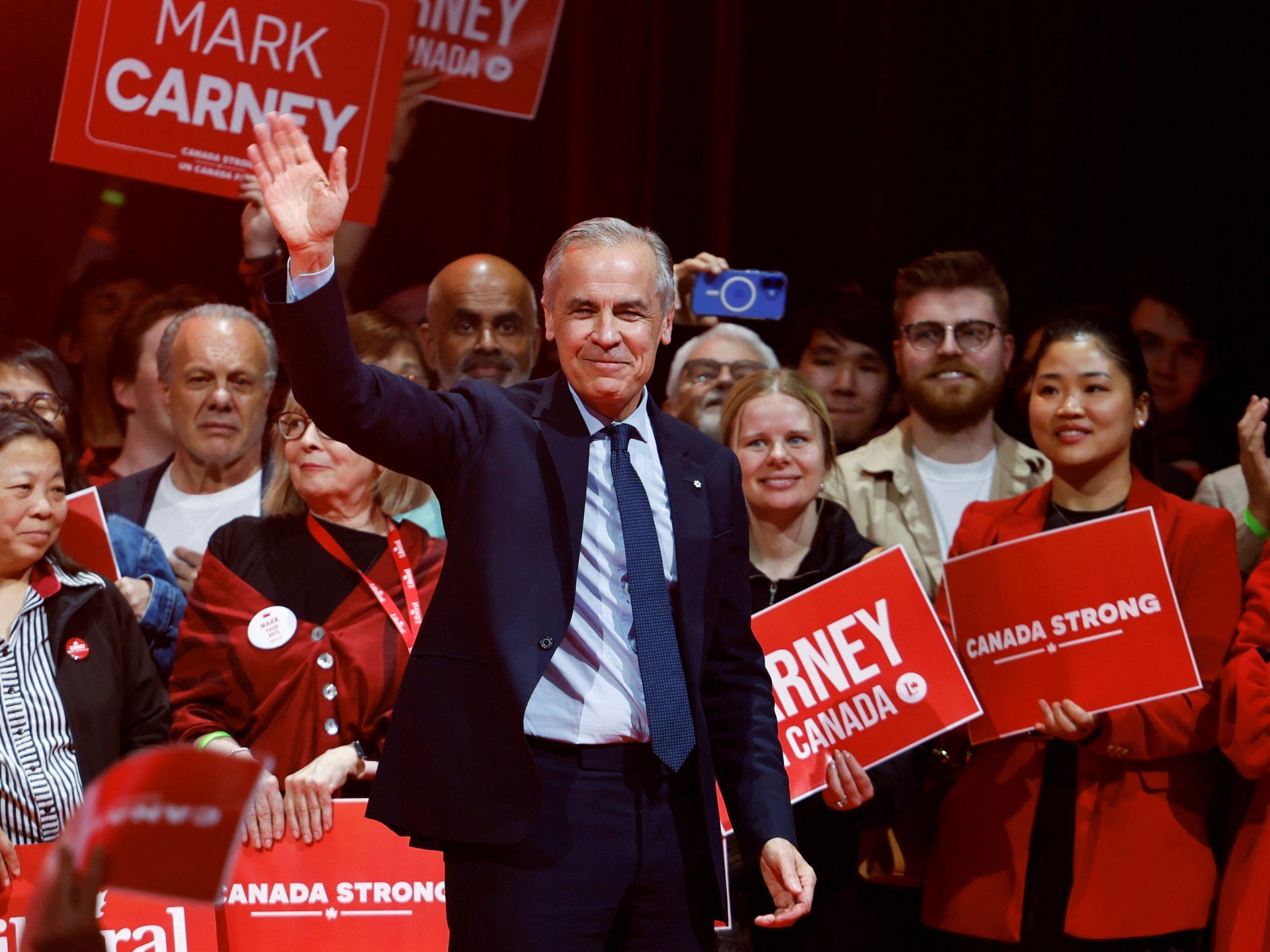
NATO’s Reaffirmation
NATO Secretary General Mark Rutte, in his statement, emphasized Canada’s “valued membership” in the Alliance, looking forward to working together to “build an even stronger, fairer Alliance—investing more in defense and ramping up industrial production so we have what we need to stay safe.” This reaffirmation of commitment comes amidst growing concerns about Russia’s aggression in Europe and the need for a robust collective defense posture.
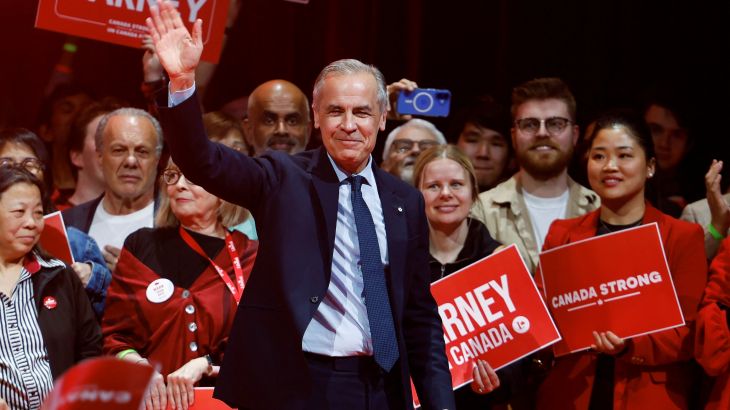
Global Partnerships
Beyond Europe, key international partners have also extended their congratulations to Carney and the Liberal Party. Australian Prime Minister Anthony Albanese, in a statement, conveyed his “warm congratulations” and expressed his desire to continue working with Canada to “build on the enduring friendship between our nations, in the shared interests of all our citizens.”
Ukrainian President Volodymyr Zelenskyy, recognizing Canada’s steadfast support for Ukraine in its ongoing struggle against Russian aggression, expressed his gratitude and confidence in the continued strengthening of their partnership.
Even amidst recent strains in bilateral relations, Indian Prime Minister Narendra Modi offered “congratulations” to Carney, emphasizing the shared democratic values, commitment to the rule of law, and vibrant people-to-people ties between India and Canada.
Looking Ahead: A New Era for Canada and the World
Mark Carney’s victory marks a turning point in Canadian politics, setting the stage for a new era in the country’s domestic and international affairs. His campaign, which resonated with Canadians concerned about the implications of Donald Trump’s policies, has ushered in a new chapter characterized by a renewed emphasis on multilateralism, social progress, and a firm stance against American pressure.
Carney’s Foreign Policy Agenda
Carney’s foreign policy agenda is likely to prioritize strengthening alliances, promoting multilateral institutions, and defending Canada’s sovereignty. His past statements and actions suggest a commitment to working collaboratively with international partners to address global challenges such as climate change, cybersecurity, and global trade.
The Liberal Party’s victory is expected to result in a more assertive stance against American pressure on trade and security issues. Carney has consistently advocated for a rules-based international order and has been critical of protectionist trade policies. His approach is likely to be characterized by a firm but measured approach, seeking to engage with the United States while also defending Canada’s interests.
The Impact on Global Geopolitics
Carney’s victory has significant implications for the global geopolitical landscape, particularly regarding US-Canada relations and the future of international institutions. The Liberal Party’s strong showing suggests a growing preference for multilateralism and a rejection of unilateralist approaches, which could have a ripple effect on global power dynamics.
The increased assertiveness of the Canadian government is likely to challenge the traditional US-led order and may encourage other countries to adopt a more independent stance. This could lead to a more multipolar world, where power is more diffused and decision-making is more collaborative.
Gamestanza’s Take
From a gaming industry perspective, Carney’s victory presents both opportunities and challenges. The Liberal Party’s focus on social progress and innovation could create a favorable environment for the development and promotion of inclusive and diverse games that reflect Canadian values.
The government’s commitment to supporting the Canadian creative industries could lead to increased funding and incentives for game development studios, fostering a more robust and dynamic gaming ecosystem. However, the potential for increased scrutiny of content and marketing practices, particularly in areas such as violence and representation, could require game developers to adapt their strategies to ensure compliance with evolving regulatory frameworks.
As Canada navigates its new role on the global stage, the gaming industry is poised to play a significant role in shaping the country’s cultural identity and economic growth. By embracing innovation, promoting diversity, and engaging with the evolving social and political landscape, Canadian game developers can contribute to the creation of a vibrant and inclusive gaming community that reflects the best of Canada’s values.
Conclusion
The Liberal Party’s victory, spearheaded by Mark Carney, reverberates through Canada’s political landscape. The article highlights the Liberal Party’s commitment to key issues like environmental sustainability and economic stability, resonating with voters seeking a forward-thinking approach. Carney’s leadership, combined with the party’s platform, signals a potential shift towards a more progressive agenda.
This election result carries significant implications for Canada’s future direction. The focus on green initiatives suggests a commitment to tackling climate change, aligning with global efforts to mitigate environmental risks. Economically, the emphasis on stability is crucial in a world grappling with inflation and uncertainty. However, the success of these initiatives remains to be seen, and the coming years will be pivotal in determining whether the Liberal Party can deliver on its promises and navigate the complex challenges facing Canada. One thing is certain: the political landscape has shifted, and the nation waits with bated breath to see what this new chapter holds.
The future of Canada, it seems, is now in the hands of a party promising progress and prosperity. Whether they can deliver on those promises will shape not only Canada’s destiny, but perhaps the trajectory of global progress itself.